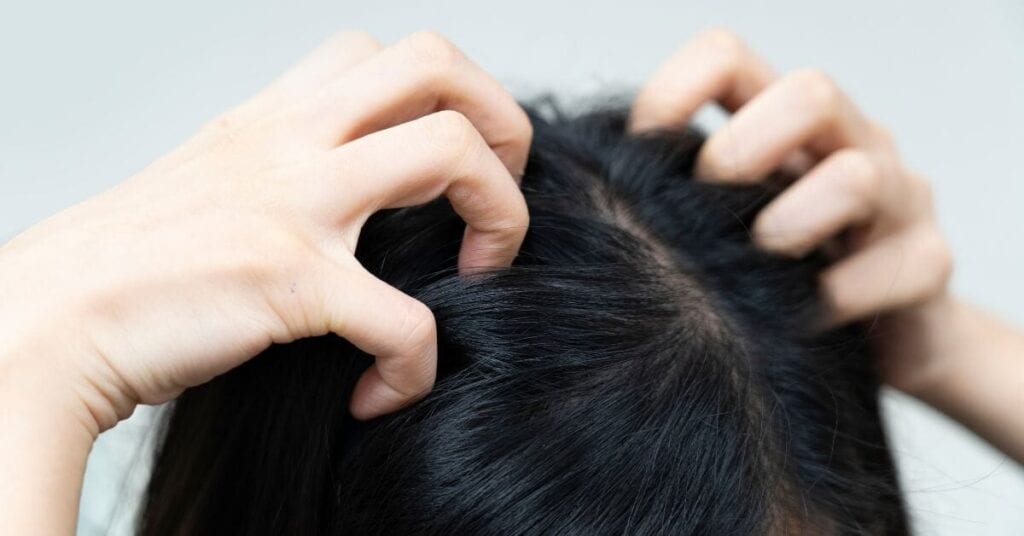Lice cannot fly or jump from one person to another. They are usually spread by close personal contact. Because girls tend to play together closely, they have a higher risk of contracting and spreading lice than boys do. The lice and their nits (eggs) can also be spread by sharing personal items like hats, combs, pillows, and batting helmets.
The most common symptom of lice is an itchy scalp. You might see the grayish-white egg cases attached to the hair near the scalp. If you have a suspicion, or if your child’s classmates recently had lice, you should check your child’s scalp carefully. Use a fine-toothed comb, and under a strong light, part the hair in sections and look close at the scalp. Pay close attention to the areas behind the ears and at the base of the neck.
If you think you see lice, do not use any treatment until you consult your doctor especially if you are pregnant or nursing, you or your child have allergies, asthma, epilepsy, or other medical conditions. In addition to the lice treatment that your doctor recommends, pick nits out of the hair using a lice comb, tweezers, or your fingernails. Wash bedsheets and recently worn clothing in hot water and a hot dryer. Soak all combs and brushes in hot water for 10 minutes, vacuum furniture, rugs, stuffed animals and car seats.
If itching remains after no more lice are seen, it may be an allergic reaction to the dead lice and eggs. Your doctor can prescribe medicine to help.
To prevent catching lice, make sure your children do not share hairbrushes or other personal grooming items, pillows, or hats. Do not treat family members who do not have lice; the medicines treat lice but they do not prevent catching them. Check your child’s scalp once a week to make sure they have not been reinfested.
At Advanced Dermatology Care, our dermatologists Dr. Kenneth Egan, Dr. Rebecca Hall and PA, Melissa Raue specialize in all of your family’s skin care needs in general medical, surgical and cosmetic dermatology including acne, skin cancer, eczema, warts, moles, fungal nail infections, rashes and scars. Our offices are located in the Fairfield County, CT towns of Danbury, Norwalk and Ridgefield.


